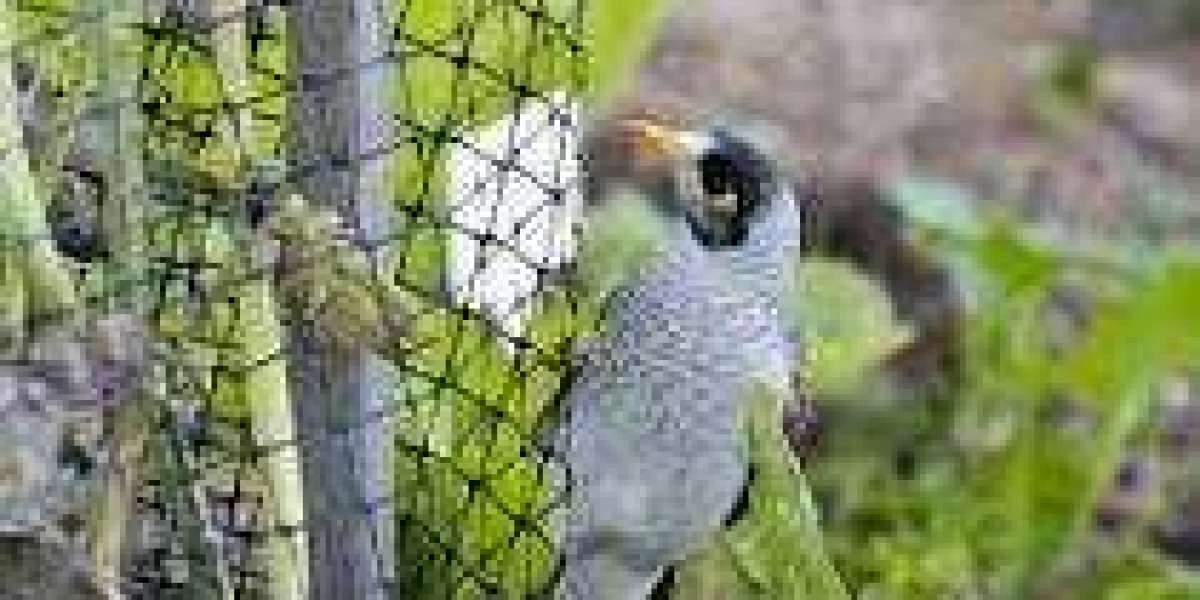Pigeons, often referred to as "rats of the sky," have become a common nuisance in urban and suburban areas. While these birds may appear harmless and even charming to some, their presence can cause significant issues for homeowners, businesses, and public spaces. Learning how to manage these unwelcome guests is crucial for maintaining clean and safe environments.
Understanding the Problem
Pigeons are highly adaptable birds that thrive in environments where food and shelter are abundant. Cities, with their open trash cans, food scraps, and high-rise buildings, provide the perfect habitat. These birds often congregate in large numbers, leading to a host of problems that range from health hazards to structural damage.
Common Issues Caused by Pigeons
- Health Risks: Pigeon droppings carry diseases such as histoplasmosis, cryptococcosis, and psittacosis. The dust from dried droppings can also cause respiratory problems.
- Property Damage: Pigeon droppings are highly acidic and can corrode building materials, paint, and metals.
- Noise Pollution: The constant cooing of pigeons can become a persistent annoyance.
- Blocked Gutters and Drains: Nesting materials and feathers can clog gutters, leading to water damage and leaks.
- Reputation Concerns: For businesses, the presence of pigeons can create a negative impression on customers.
Steps to Prevent Pigeon Problems
The key to managing pigeons lies in prevention. By taking proactive measures, you can deter these birds from making your property their home.
1. Remove Food Sources
Pigeons are opportunistic feeders and will flock to areas where food is readily available. To prevent this:
- Secure trash bins with tight-fitting lids.
- Avoid leaving pet food outside.
- Clean up food scraps and spills promptly.
- Educate neighbors about the importance of not feeding pigeons.
2. Eliminate Access to Shelter
Pigeons seek out safe spaces to roost and nest. To discourage them:
- Seal small openings in roofs, attics, and eaves.
- Install wire mesh over vents and chimneys.
- Repair broken windows or gaps in building exteriors.
3. Use Physical Deterrents
There are several effective tools available to keep pigeons away from your property:
- Bird Spikes: These are metal or plastic strips with upward-pointing spikes that prevent pigeons from landing.
- Netting: Install durable netting to block access to balconies, roofs, and other vulnerable areas.
- Sloped Surfaces: Adding angled sheeting to ledges makes it difficult for pigeons to perch.
4. Employ Visual and Auditory Scare Tactics
Pigeons can be deterred by objects that mimic predators or create unpleasant sensations:
- Use reflective tape, spinning pinwheels, or shiny objects to scare them off.
- Hang predator decoys, such as owls or hawks, in areas where pigeons gather.
- Install devices that emit high-pitched sounds to repel pigeons.
5. Professional Solutions
If the problem persists, consider hiring professionals. Pest control companies offer advanced solutions such as:
- Electric tracks that deliver a harmless shock to deter pigeons.
- Humane trapping and relocation.
- Application of bird-repellent gels or sprays.
Balancing Deterrence and Compassion
While it’s essential to address the problems caused by pigeons, it’s equally important to do so humanely. Many cities have laws protecting birds, and inhumane treatment can lead to fines or legal action. Always opt for non-lethal methods and ensure that any actions taken comply with local regulations.
The Importance of Maintenance
Preventing pigeon issues is not a one-time task. Regular maintenance and vigilance are crucial to ensure these birds do not return.
Routine Inspections
- Check for new nests or signs of pigeon activity.
- Inspect deterrents like spikes and netting to ensure they remain effective.
Cleaning
- Promptly remove droppings to prevent health hazards and property damage.
- Use appropriate cleaning solutions to neutralize acidic droppings.
Community Efforts
- Encourage your neighborhood or building community to adopt pigeon prevention measures collectively.
- Report large pigeon infestations to local authorities for assistance.
Long-Term Benefits
Taking steps to deter pigeons can lead to several long-term benefits:
- Improved health and hygiene for you and your family.
- Enhanced curb appeal and property value.
- Reduced costs associated with cleaning and repairing damage caused by pigeons.
- A more peaceful and quiet environment.
Addressing Misconceptions
Some people view pigeons as harmless or even beneficial, citing their role in urban ecosystems. While it’s true that pigeons can help clean up discarded food, the risks they pose far outweigh this benefit. Responsible management ensures a balance between coexisting with wildlife and protecting human spaces.
Conclusion
Keeping your property free from pigeons requires a combination of awareness, preventative measures, and ongoing maintenance. By implementing the strategies outlined above, you can effectively protect your space from the issues associated with these birds. Remember, addressing the problem early can save you time, money, and hassle in the long run. Taking steps toward pigeon proofing ensures a cleaner, safer, and more enjoyable environment for everyone.






